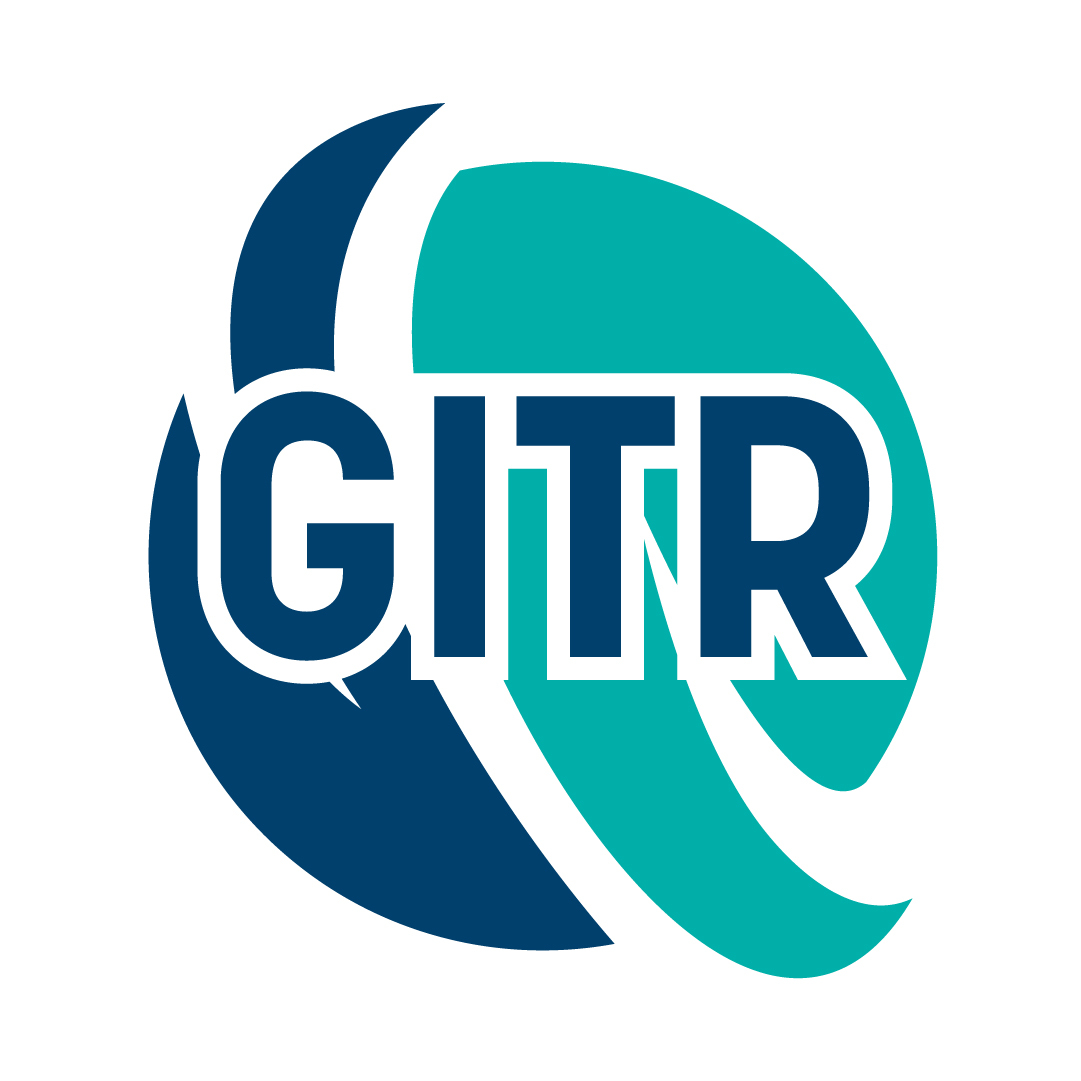
Navigating the New Normal: The Evolution of Recruiting Post-COVID
In the wake of the COVID-19 pandemic, the landscape of recruiting has undergone a profound transformation. From remote work becoming the norm to shifts in candidate priorities, recruiters have had to adapt swiftly to meet the evolving needs of both clients and job seekers. As we step into a post-pandemic era, it’s essential to explore how recruiting has changed and what lies ahead in this dynamic environment.
1. Remote Work Revolution:
The pandemic accelerated the adoption of remote work, revolutionizing traditional notions of office-based employment. As a result, recruiters have had to source talent from a wider geographical pool, opening up opportunities for both clients and candidates. Virtual interviews, remote onboarding processes, and flexible work arrangements have become commonplace, allowing recruiters to cast a broader net and tap into diverse talent pools.
2. Embracing Technology:
Technology has been a cornerstone in navigating the challenges posed by the pandemic. Virtual recruitment tools, AI-powered applicant tracking systems, and video interviewing platforms have streamlined the hiring process, making it more efficient and accessible. Recruiters have leveraged these technological advancements to adapt to remote work environments seamlessly and enhance the candidate experience.
3. Shift in Candidate Expectations:
The pandemic has prompted a reassessment of priorities for job seekers. Factors such as work-life balance, job security, and flexibility have gained prominence, leading recruiters to tailor their offerings accordingly. Companies that prioritize employee well-being and offer remote or hybrid work arrangements have gained a competitive edge in attracting top talent. Recruiters play a pivotal role in understanding these shifting dynamics and aligning client requirements with candidate expectations.
4. Focus on Skills and Reskilling:
As industries continue to evolve rapidly, the demand for specific skill sets has intensified. Recruiters are increasingly focusing on identifying candidates with adaptable skill sets and a willingness to upskill or reskill as needed. Continuous learning and development have become essential components of career progression, and recruiters play a crucial role in facilitating this transition by connecting candidates with relevant training opportunities.
5. Building Relationships in a Virtual World:
While face-to-face interactions have been limited, the importance of building strong relationships with clients and candidates remains unchanged. Recruiters have adapted by leveraging virtual networking events, social media platforms, and online communities to nurture connections and foster trust. Effective communication and personalized engagement have become even more critical in a digital-first recruiting landscape.
Looking Ahead:
As we look ahead to the future of recruiting post-COVID, one thing is clear: adaptability will be key. The lessons learned during the pandemic have reshaped the way recruiters operate, emphasizing the importance of flexibility, innovation, and empathy. By embracing technological advancements, understanding evolving candidate expectations, and prioritizing relationship-building, recruiters can navigate the new normal with confidence and continue to drive success for their clients and candidates alike.
The post-COVID era presents both challenges and opportunities for recruiters. By staying agile, embracing change, and focusing on building meaningful connections, recruiters can thrive in this ever-evolving landscape and play a vital role in shaping the future of work.


